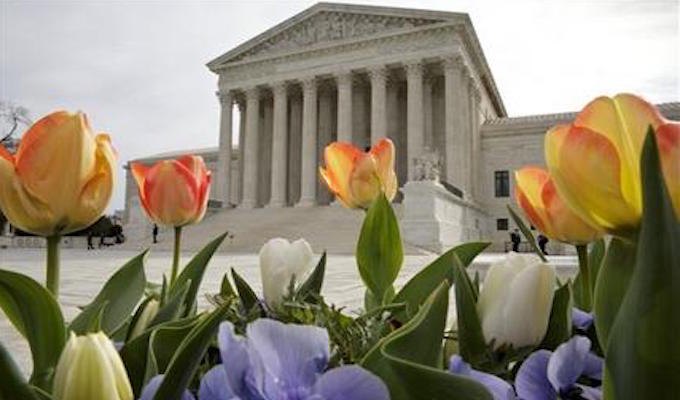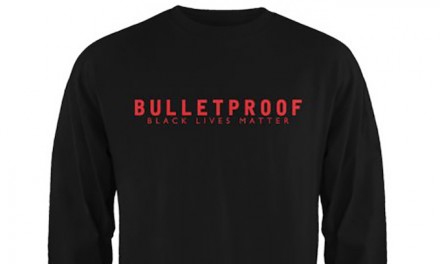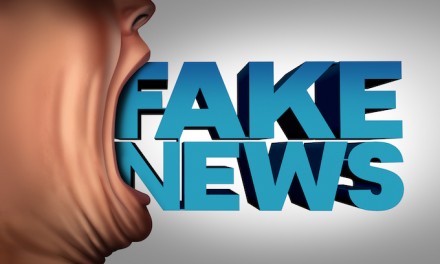The U.S. Supreme Court has an opportunity, indeed, an obligation, to reinforce citizens’ Fourth Amendment right to privacy this fall in a case concerning the government’s use of cellphone-tracking technology.
At issue is an appeal by Timothy Carpenter, convicted in a string of store robberies based on “cell site location information” obtained by authorities from his wireless carrier. More than a dozen tech companies, including Verizon, Microsoft and Google, have filed a 44-page amicus brief, urging the justices to rule that the Fourth Amendment’s protection against unreasonable search and seizure requires police to obtain warrants before demanding cellphone-location data. This commonsense expectation already is upheld in two similar cases.
In one, the high court ruled that GPS tracking counts as a search under the Fourth Amendment. In the other, the justices determined that authorities cannot browse suspects’ cellphones without getting warrants.
Government lawyers have argued that the business records in question belong to the companies, not the consumers. But it is, nevertheless, the customers’ privacy that’s at stake.
Never mind the chilling effect that such warrantless snooping would have on news reporters in tracking their whereabouts and with whom they meet.
The digital age did not usher in an unconstitutional police state. And, once again, our admonition in these cases bears repeating: Get a warrant!
___
(c)2017 The Pittsburgh Tribune-Review (Greensburg, Pa.)
Visit The Pittsburgh Tribune-Review (Greensburg, Pa.) at www.triblive.com
Distributed by Tribune Content Agency, LLC.
—-
This content is published through a licensing agreement with Acquire Media using its NewsEdge technology.



















Recent Comments